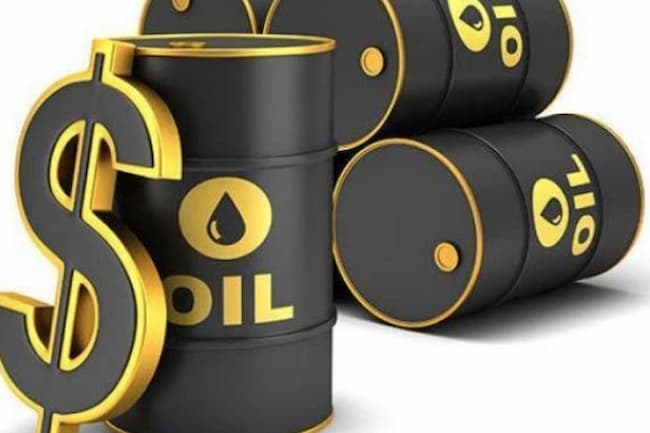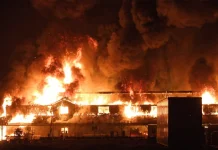Nigeria’s oil output dropped Year-On-Year (YoY) by 13 per cent, to 1.346 million barrels per day (mb/d) in October 2021, from 1.540 mb/d in 2017, according to the Organization of Petroleum Exporting Countries (OPEC).
The report from OPEC showed that the 1.429 mb/d, highest output, was produced in March 2021, compared to 1.269 mb/d produced in the corresponding period of 2017.
It also indicated that the 1. 228 mb/d lowest output was produced in October 2021, compared to 1.663 bm/d produced in the corresponding period of 2017.
The report attributed the general lull in the global oil and gas industry to the prolonged coronavirus pandemic.
“World oil demand growth in 2021 is revised lower by around 0.16 mb/d, compared to last month’s assessment, to stand at 5.7 mb/d. Revisions were mainly to account for slower than anticipated demand from China and India in 3Q21. Global oil demand is now estimated to reach 96.4 mb/d in 2021.
”For 2022, growth in global oil demand remains unchanged compared to the previous month’s assessment, to stand at 4.2 mb/d,” the reports stated.
Shell stated: “The vast majority of oil spills in the Niger Delta continue to be caused by crude oil theft or the sabotage of pipelines, as well as illegal oil refining.
”While the Shell Petroleum Development Company joint venture (SPDC JV) is not responsible for preventing illegal oil refineries, it is committed to preventing attacks and breaches of its pipelines and wellheads. In 2020, 92% of oil spills were caused by sabotage and theft – similar to previous years.
“Sabotage incidents often occur in remote areas of the Niger Delta where access is difficult. The SPDC JV works closely with government agencies, non-governmental organisations and communities to proactively minimise spills from illegal activity.
”This involves using simplified zonal pipeline maps to enhance targeted response and prevent incidents from occurring.
“Since 2016, the Shell Petroleum Development Company, SPDC, as an operator, has also been able to remove more than 720 illegal theft points. Illegal theft points are identified by regular inspections from the air and on the ground.
”The company has also implemented anti-theft protection mechanisms, such as anti-tamper locks and steel cages for wellheads.”













